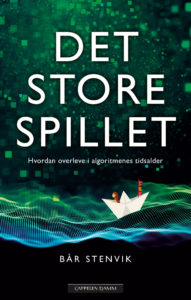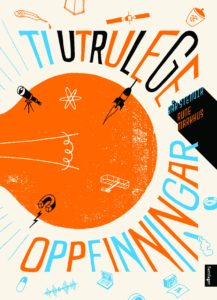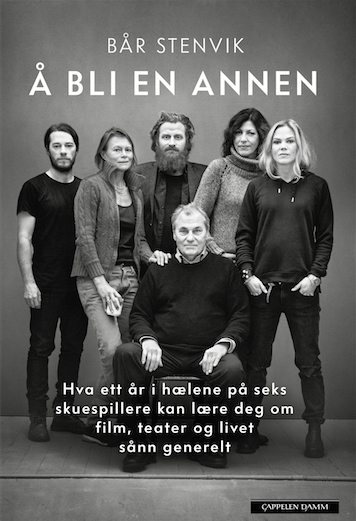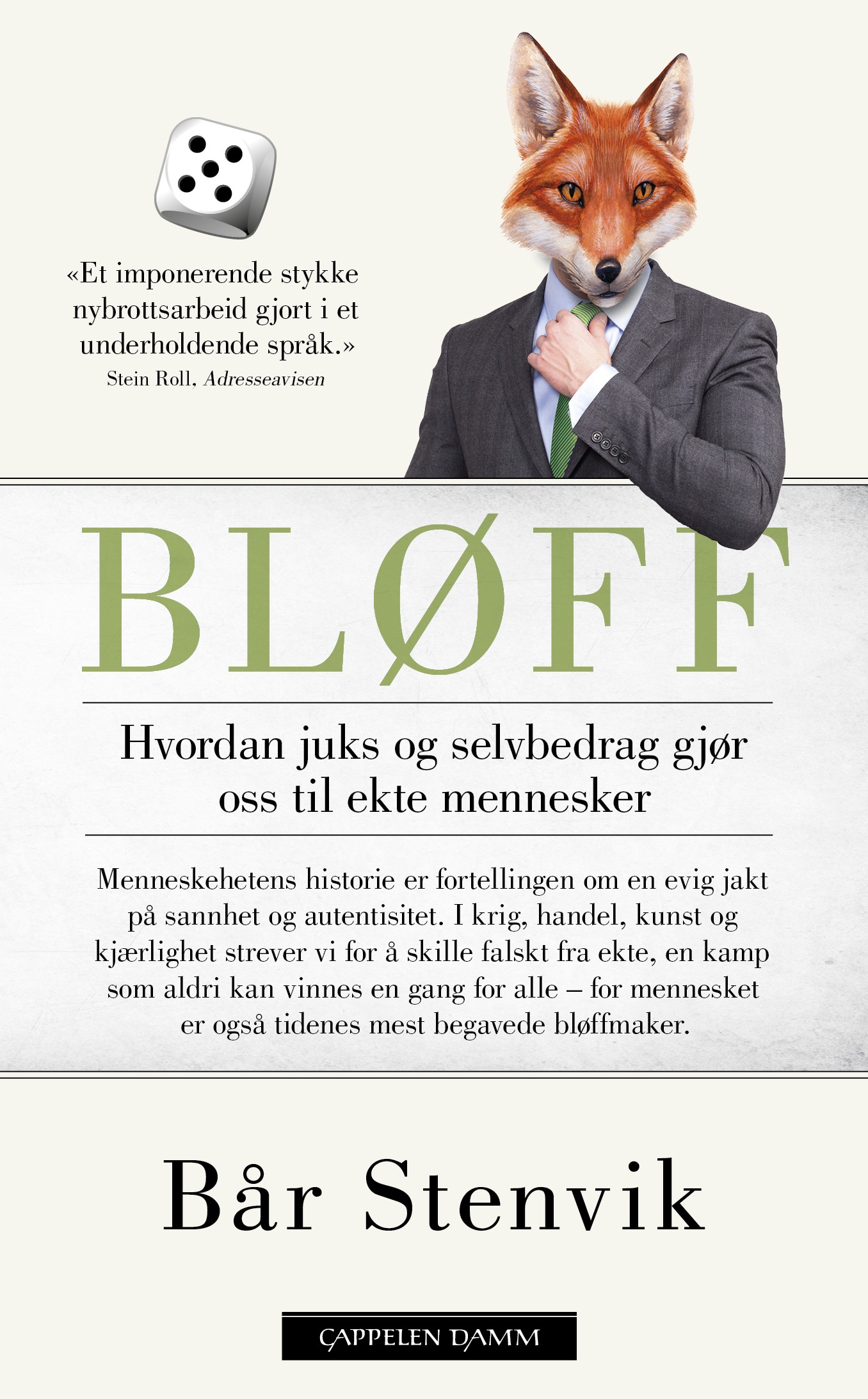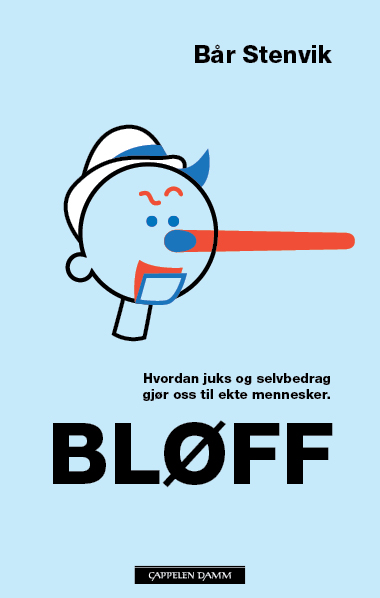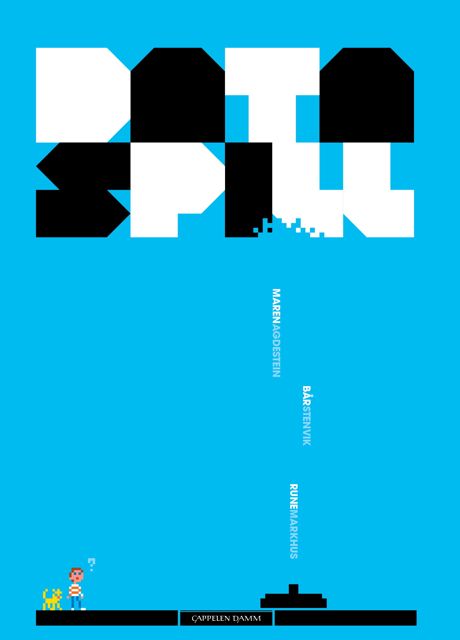Nærmere bestemt Alan Hollinghurst sine. Jeg tillater meg å gjengi første avsnitt fra denne New Yorker-anmeldelsen.
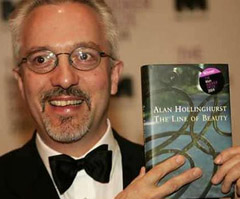 «Most of the prose writers acclaimed for “writing beautifully” do no such thing; such praise is issued comprehensively, like the rain on the just and the unjust. Mostly, what’s admired as beautiful is ordinary; or sometimes it’s too obviously beautiful, feebly fine—what Nabokov once called “weak blond prose.” The English novelist Alan Hollinghurst is one of the few contemporary writers who deserve the adverb. His prose has the power of re-description, whereby we are made to notice something hitherto neglected. Yet, unlike a good deal of modern writing, this re-description is not achieved only by inventing brilliant metaphors, or by flourishing some sparkling detail, or by laying down a line of clever commentary. Instead, Hollinghurst works quietly, like a poet, goading all the words in his sentences—nouns, verbs, adjectives, and adverbs—into a stealthy equality. I mean something like this, from his novel “The Line of Beauty” (2004):
«Most of the prose writers acclaimed for “writing beautifully” do no such thing; such praise is issued comprehensively, like the rain on the just and the unjust. Mostly, what’s admired as beautiful is ordinary; or sometimes it’s too obviously beautiful, feebly fine—what Nabokov once called “weak blond prose.” The English novelist Alan Hollinghurst is one of the few contemporary writers who deserve the adverb. His prose has the power of re-description, whereby we are made to notice something hitherto neglected. Yet, unlike a good deal of modern writing, this re-description is not achieved only by inventing brilliant metaphors, or by flourishing some sparkling detail, or by laying down a line of clever commentary. Instead, Hollinghurst works quietly, like a poet, goading all the words in his sentences—nouns, verbs, adjectives, and adverbs—into a stealthy equality. I mean something like this, from his novel “The Line of Beauty” (2004):
 “Above the trees and rooftops the dingy glare of the London sky faded upwards into weak violet heights.” We can suddenly see the twilit sky of a big city afresh, and the literary genius is obviously centered in the unexpected strength of the adjective “weak,” which brings alive the diminishing strata of the urban night sky, overpowered by the bright lights on the ground. The effect is paradoxical, because we usually associate heights not with weakness but with power or command. And the poetry lies not just in what the sentence paints but in how it sounds: there is something mysteriously lovely about the rhythm of “weak violet heights,” and the way the two adjectives turn into a plural noun that is really just another adjective; the sentence does indeed seem to drift away into the far distance.»
“Above the trees and rooftops the dingy glare of the London sky faded upwards into weak violet heights.” We can suddenly see the twilit sky of a big city afresh, and the literary genius is obviously centered in the unexpected strength of the adjective “weak,” which brings alive the diminishing strata of the urban night sky, overpowered by the bright lights on the ground. The effect is paradoxical, because we usually associate heights not with weakness but with power or command. And the poetry lies not just in what the sentence paints but in how it sounds: there is something mysteriously lovely about the rhythm of “weak violet heights,” and the way the two adjectives turn into a plural noun that is really just another adjective; the sentence does indeed seem to drift away into the far distance.»
Read more http://www.newyorker.com/arts/critics/books/2011/10/17/111017crbo_books_wood#ixzz1dIQdi2ne



